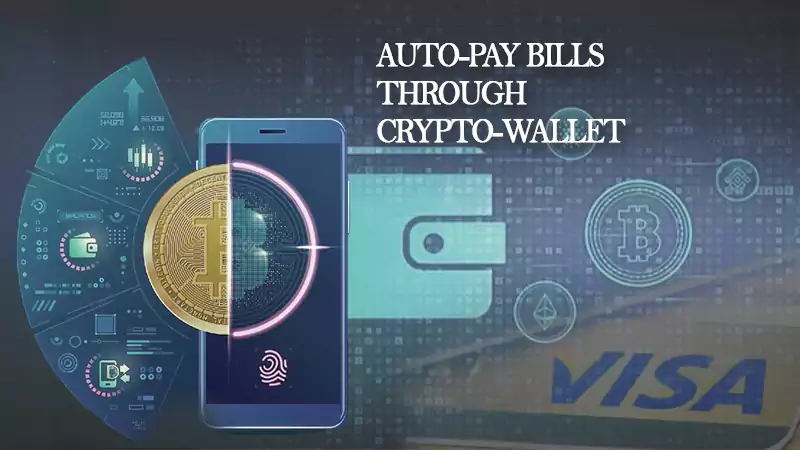Before buying or mining treasured cryptocurrencies, we register an electronic wallet. To choose the right crypto wallet, let’s look at their differences.
It is essential to know that a crypto wallet is a program that stores two codes, one is the address of the wallet in the blockchain network, and the other is the private key. If compared with a bank card, the wallet address is the card number or current account, and the private key is the card’s pin code. You can track all payments (transactions) and the current balance by the wallet address. The wallet does not contain your data, but you can track the owner. For example, by mobile number, if it is attached; e-mail; even a bank card, if you transferred money from an electronic wallet to a bank card. Therefore, remember that there is no absolute anonymity; there is “pseudo-anonymity” in the blockchain. When choosing a wallet, you should consider the level of security and ease of use. There is a conditional classification of cryptocurrency wallets:
- Single or multi-currency
- Desktop, mobile, online, or paper
- Hot or cold wallet.
Separate wallet – designed for specific cryptocurrencies, for example, https://trastra.com/ – for ether (ETH) and bitcoin.
Crypto wallets are usually divided according to the method of installation and work with them:
DESKTOP – the most secure crypto wallet. They are installed on a computer and, at the first turn, download ALL information about all transactions made in the blockchain system since the day the cryptocurrency was founded, at subsequent connections – only new blocks. To date, the size of the Bitcoin database is 156 GB and will continue to grow.
MOBILE wallets mean installation on a smartphone whose memory does not allow storing massive databases (blockchain), so they download the last blocks. The primary check is carried out on secure network nodes. The private access key to the wallet is stored on your smartphone.
ONLINE wallets. You don’t need to download/install anything; go online. This is where you trust the wallet server that stores your private key. It follows that the company’s website may be hacked and your savings may be stolen, or the owners of the company themselves may suddenly disappear, taking your hard-earned money.
Cold or Hot Wallet
In pursuit of security, experts advise storing most of your crypto savings in a cold (offline) wallet and only a part for operational management in a hot (online) wallet. An example of a hot wallet is an online wallet that requires constant internet access. A cold wallet is not connected to the world wide web; therefore, it cannot be hacked. The most popular cold wallet, or the storage of your private key, is usdc wallet. This device is similar to a flash drive that allows you to encrypt your private keys to an electronic wallet.
The choice is yours; here are a few tips:
- Do not store your recovery phrase (12 or 24 words) on your computer or the network.
- We write on paper. Keep your anti-virus software updated; cyber scammers are on the alert and develop new ways to get to your computer daily.
- Do not access your wallet from unverified computers.








